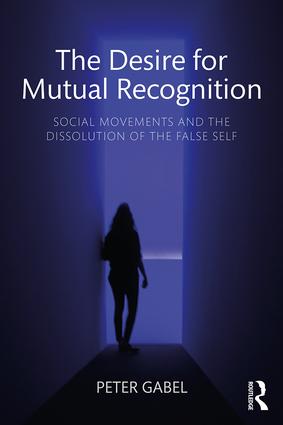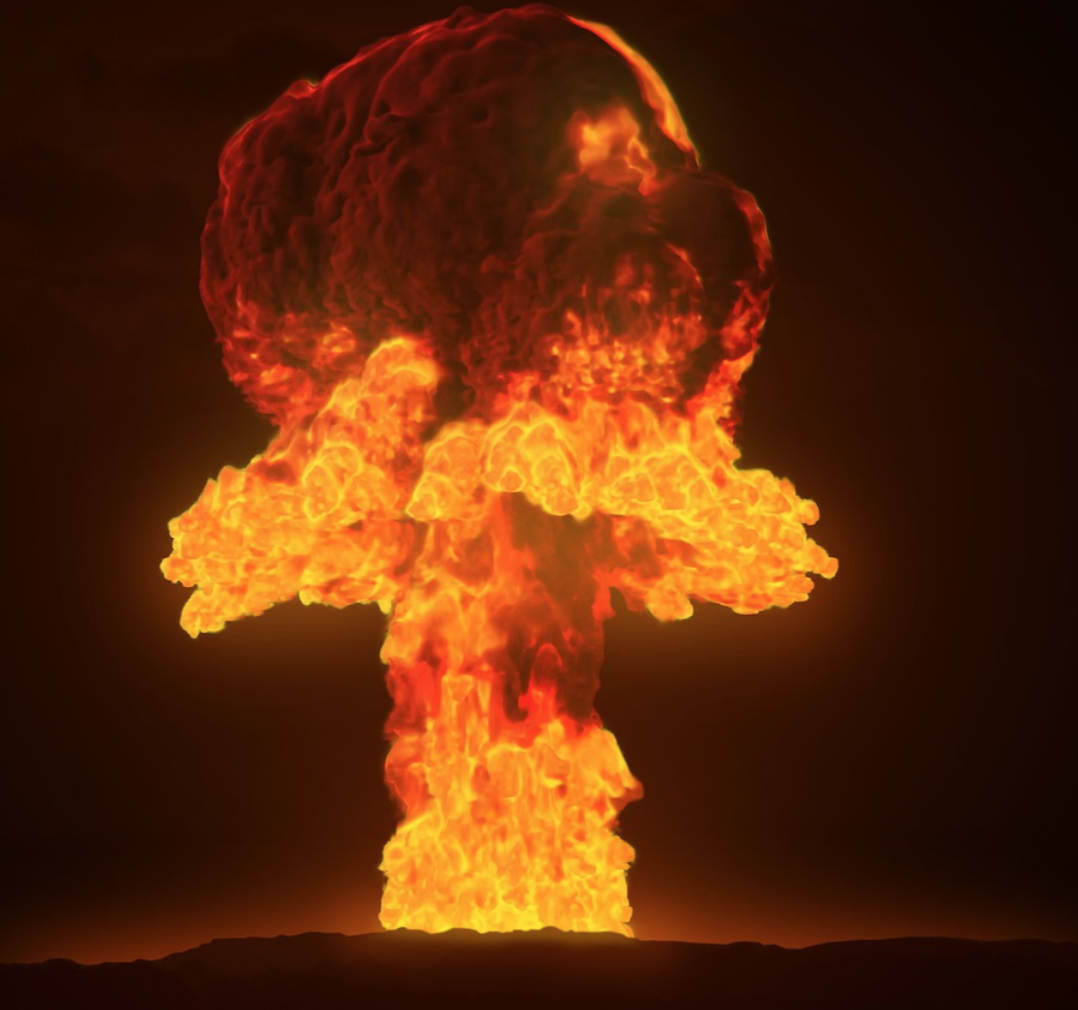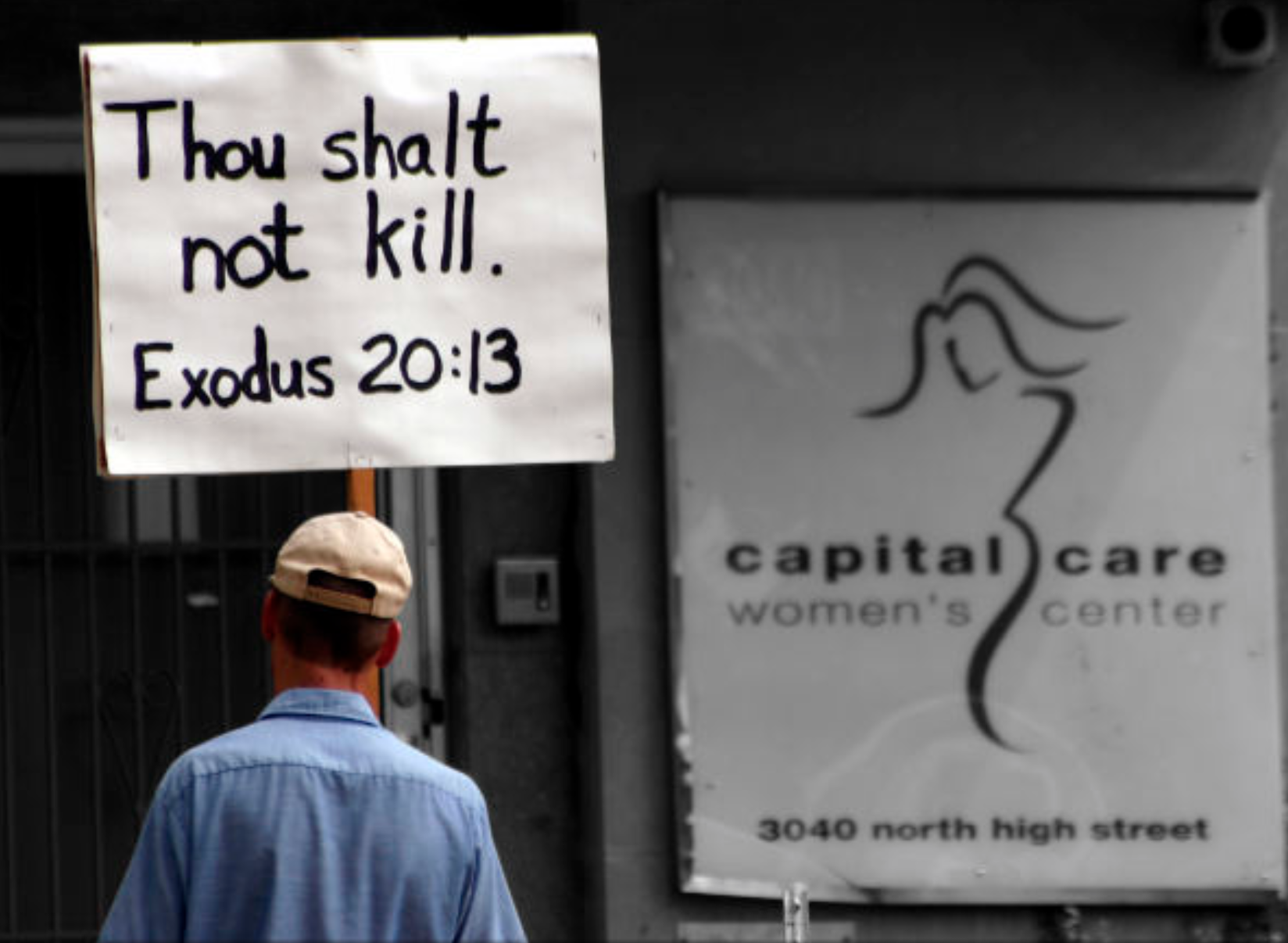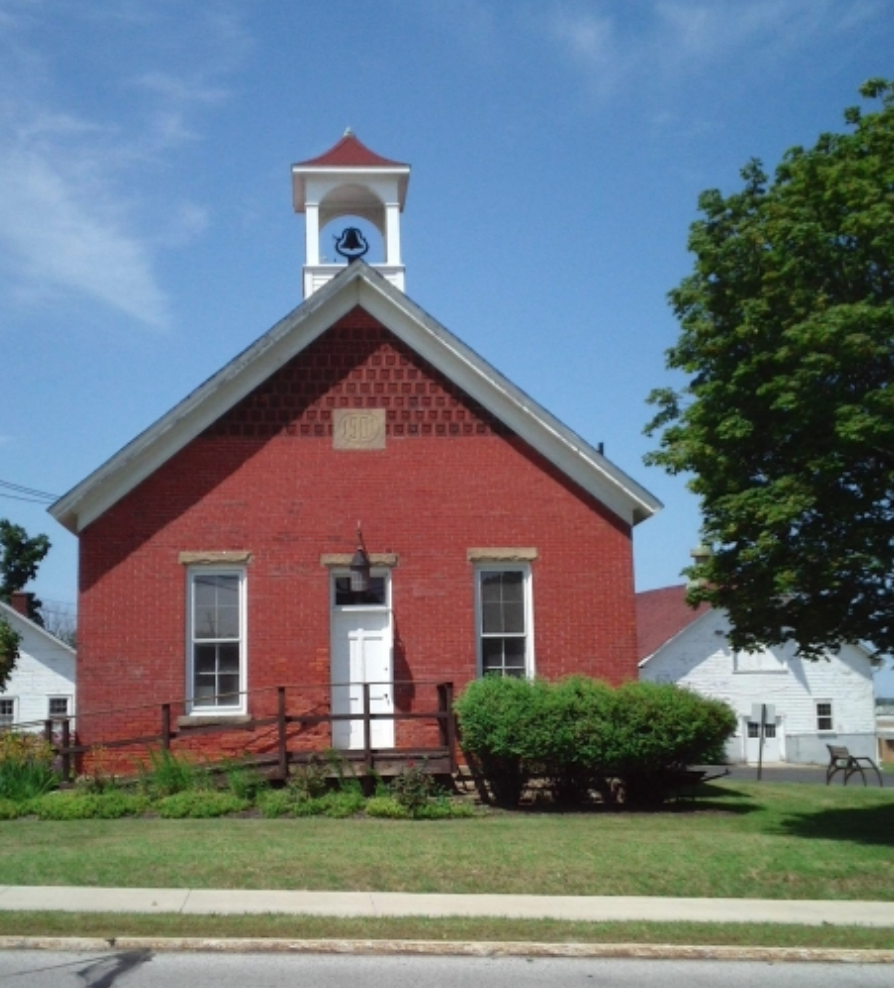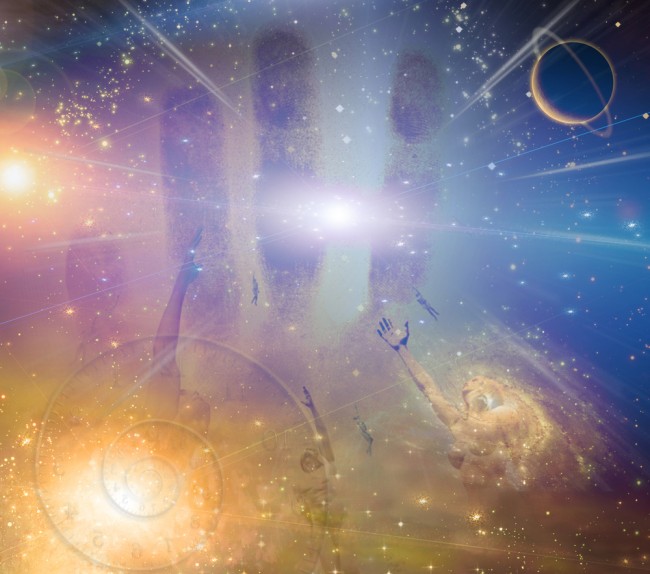One of the lessons I remember from my study of U.S. history in high school is that the United States is protected by two oceans on our east and west coasts. Europe’s problems could not negatively impact our nation because we were separated by 3,000 miles of ocean. Our northern and southern borders are secure because we have friendly neighbors.
During the three hours we spent in the Old City, I heard lots of nice stories—myths about God forming Adam, about God declaring Jerusalem as Israel’s eternal capital, about Muhammad flying to heaven, and about Jesus’s crucifixion and burial. The problem with these nice stories is that people fight over them.
When two people respond to each other in empathetic ways, love enters the relationship from a space that is between them.
All good Christians know there are three aspects to the traditional belief in a Triune God—Father, Son, and Holy Spirit. The one part of the Trinity I have paid little attention to is the Holy Spirit. Peter Gabel’s new book, The Desire for Mutual Recognition, makes that impossible. Although meeting the Holy Spirit is not the central focus of Gabel’s book, this manifestation of the Triune God jumps out at you with important implications for political theology.
Many Christians like to think of themselves as political realists, people who separate their religious beliefs from their political positions. Religion is about salvation. Politics is about attaining economic and ideological gains.
During the Cold War years, the United States and the Soviet Union built nuclear bombs. By 1986, the U.S. arsenal included 23,000 such bombs with the Soviet arsenal reaching 40,000. Each of these bombs was, at minimum, several times more powerful than the nuclear bomb that destroyed Hiroshima in 1946. The yield of some of the larger bombs was 1,000 times more powerful than the ones used at the end of World War 11. These national security policies of the two states were insane, morally bankrupt. An all out war between the two countries would have ended human life on the planet. And we came so close!
Since the dawn of the Cold War in the late 1940s, American citizens have lived, with few exceptions, on a permanent war footing. We have spent trillions of dollars preparing for war and trillions more fighting them. These wars have led to huge costs in terms of soldiers killed and wounded, massive civilian casualties, and millions of people displaced. American citizens who are poor have also suffered because of domestic program cuts, and our children will be paying the debt incurred from this fighting for years to come.
No Progressive Christian and very few others for that matter need convincing that poverty in America is a Christian issue. The focus of Old Testament Law, the preaching of the prophets, and the teachings of Jesus all speak to the importance of economic justice for the poor, the weak, and the vulnerable. This theme plays a dominant role in the Bible from Genesis 1 through the Book of Revelation.
Donald Trump won the Presidential election of 2016 because he campaigned as strongly pro-life. Roy Moore, despite allegations of sexual misconduct with teenagers, came close to winning the recent Senate election in Alabama because he was also right on this issue among Evangelical Christians. The sacredness of human life is a fundamental conviction of millions of Christians—Evangelicals, Roman Catholics, and mainline Christians alike. Finding the right answer to the agonizing question of when to allow for a legal abortion has done more to divide Christians than any other political issue.
On Wednesday (12/6/17), President Trump announced a dramatic change in Middle East policy by declaring the United States would move its embassy from Tel Aviv to Jerusalem. Most Israelis were thrilled. The government of Israel declared Jerusalem to be its eternal capital in 1980. What is important to note about this declaration is that it is an expression of Jewish nationalism. The claim has little support in Jewish history or from Jewish scriptures.
I was walking with a good friend about a month ago and another white supremacist rally was in the news. “Joe, what can we do about these people?” I asked. “How do we change their hate filled values?” “We love them,” Joe responded. “Engage with them. Stop demonizing them. That was Martin Luther King’s approach to such people.”
From the perspective of political theology, the issues of climate change and gun control are related in two ways. The first linkage is that progressive Christians need no promptings on these issues. By massive numbers they know that God is calling on them to enact laws to control guns and to take actions that help to wean the country away from carbon producing energy. These issues also tell us something important about how many Conservative Christians think about political issues.
In a speech Robert Gates gave as Secretary of Defense in the second Bush administration, he let on that the United States’ navy is larger than the next thirteen navies combined. Again, eleven of those thirteen countries are our allies. The U.S. currently has 800 military bases around the world in eighty-five countries. 250,000 military personnel staff those bases for an annual cost of 156 billion dollars. This global military presence is unique in history, and its existence speaks louder than the hypocritical words of American exceptionalism that we seek no advantage for ourselves, that our military presence throughout the world is only there for the good of others. As recent history suggests, we use this unprecedented military power to move from enemy to enemy in an attempt to shape the world in our interests.
Part 2 of 2
A central theme of the Bernie Sanders Presidential campaign was growing income inequality. Credit Suisse Global Wealth Databook published data that supports Senator Sanders’ claim. They recently reported that at the end of 2013 the United States was the most unequal in terms of wealth distribution among the top twenty developed nations. Seventy-five percent of all wealth in this country is held by the top ten percent of its people. Comparative figures for Canada, 57%; Australia, 50%; Japan, 49%; the United Kingdom, 53%; and Germany 61%.The United States also ranks lowest for economic mobility among the twenty wealthiest nations. It is almost impossible for those living in the bottom 20% to move into the middle class.
Part 1 of 2
The starting point for understanding how religion relates to politics is to determine how God functions in the world. Like many of you, I attribute the word God to experiences of beauty, love, and goodness that have no logical explanation. These encounters have depth. The reality of the experience is so much greater than the parts making it up.
The problem with the Christian church in Western Europe is that it has little or no impact on the society at large. You can’t have an impact if the pews are empty. With the possible exception of Evangelical Protestants, the same trend is occurring in America, though at a slower rate. Museums are in our future too. Millennials are abandoning Christianity in record numbers. Like the people I spoke to in Denmark, they do not reject God but rather Christian doctrine.




